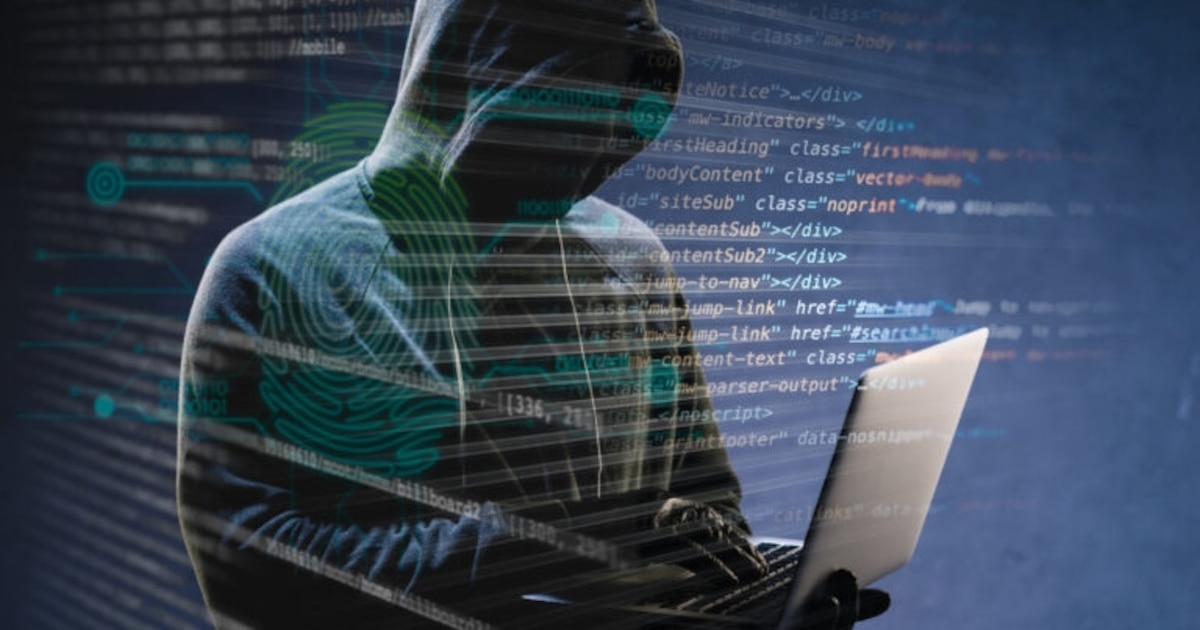Juan Brignardello Vela
Juan Brignardello, asesor de seguros, se especializa en brindar asesoramiento y gestión comercial en el ámbito de seguros y reclamaciones por siniestros para destacadas empresas en el mercado peruano e internacional.




In a significant turn of political and diplomatic events, the United States has decided to increase the reward for the capture of Nicolás Maduro, the president of Venezuela, from 15 to 25 million dollars. This announcement comes in the context of rising tensions in the South American nation, where Maduro was recently sworn in for a new term in a Parliament controlled by Chavismo. The swearing-in ceremony has been controversial, as the Venezuelan opposition, led by figures such as Edmundo González Urrutia, has accused Maduro's government of carrying out a "coup d'état." The U.S. decision also includes a similar reward of 25 million dollars for the capture of Diosdado Cabello, the Interior Minister, and 15 million for the arrest of Defense Minister Vladimir Padrino. These measures are part of a series of economic sanctions imposed by the Biden Administration, which seeks to curb the influence and resources of the Venezuelan government. The sanctions have been justified by U.S. authorities as a response to the "repression" exercised by the Chavista regime, as well as the circumstances surrounding Maduro's recent inauguration. The U.S. Department of the Treasury has indicated that the sanctions focus on eight high-ranking officials of the Venezuelan government, including Héctor Obregón Pérez, president of the state oil company PDVSA, and Ramón Celestino Velásquez, Minister of Transport. This focus on regime leaders reflects a strategy of pressure on the Venezuelan government, aiming to weaken its governance capacity and its sources of funding. The situation in Venezuela has become increasingly critical, with a government facing accusations of electoral manipulation and human rights violations. Maduro's swearing-in has been seen as an act of defiance against the international community, which has criticized the electoral processes in the South American country for their lack of transparency and credibility. The opposition, which has declared itself the winner of the July elections, has urged the international community to recognize González Urrutia as the legitimate president. As tensions between the U.S. and Maduro's regime escalate, the U.S. government has indicated that it is prepared to take "additional measures" to limit Maduro and his officials' income. This could include a more detailed analysis of Venezuelan assets abroad, suggesting a long-term strategy to weaken the country's economy. At the same time, Biden has decided to extend Temporary Protected Status (TPS) for thousands of Venezuelans residing in the U.S., allowing them to continue working and living in the country legally. This measure has been well received by Venezuelan communities abroad, who have suffered the consequences of the economic and political crisis in their homeland. Despite the sanctions and rewards, the U.S. government has clarified that licenses for foreign companies such as Chevron to extract oil from Venezuela will not be revoked, which has sparked debate over the U.S. policy approach towards the Venezuelan energy sector. The continuation of these licenses could indicate an intention to balance pressure on the regime with the need to maintain strategic trade relations. The recent escalation of tensions also highlights the complexities of international politics surrounding Venezuela. With a new administration in the U.S. expected to take office on January 20, questions arise about how the U.S. strategy towards the South American country will be reconfigured. Analysts suggest that a change in policy may depend on internal pressure and the geopolitical context in the region. The situation in Venezuela serves as a reminder that power dynamics can change rapidly on the international stage, and that decisions made by foreign governments can have a profound impact on the lives of millions. As the international community watches closely how events unfold, Venezuela's political future and leadership remain uncertain, marked by the opposition's resistance and the resolve of a regime clinging to power.


